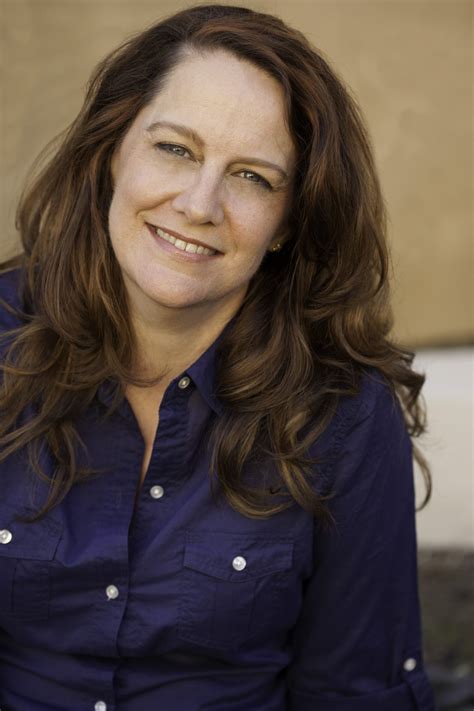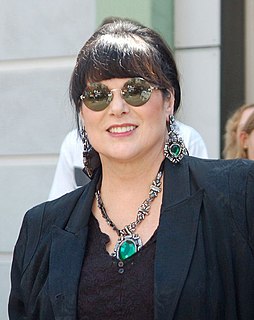A Quote by John Kador
An effective apology focuses more on compassion for the victim than redemption for the offender.
Quote Topics
Related Quotes
Compassion does not just happen. Pity does, but compassion is not pity. It's not a feeling. Compassion is a viewpoint, a way of life, a perspective, a habit that becomes a discipline - and more than anything else, compassion is a choice we make that love is more important than comfort or convenience.
When you're a victim, you automatically have a built-in excuse for failure. When you are a victim, it's always somebody else's fault. When you're a victim, success is not possible. When you are a victim of something, you are acknowledging that you are as far as you're gonna get, and you can't get any further, because there are more powerful forces arrayed against you than the force of yourself against it.
I would assert that highly effective leaders are made more than they're born. Every leader I know who's been highly effective has worked hard at it, and they've been students of it. The more you're a student of leadership, the more you figure out what works for you and the more effective you're going to be.
Being a victim doesn't take much. There are built-in excuses for failure. Built-in excuses for being miserable. Built-in excuses for being angry all the time. No reason to trying to be happy; it's not possible. You're a victim. Victim of what? Well, you're a victim of derision. Well, you're a victim of America. You're a victim of America's past, or you're a victim of religion. You're a victim of bigotry, of homophobia, whatever. You're a victim of something. The Democrats got one for you. If you want to be a victim, call 'em up.






























